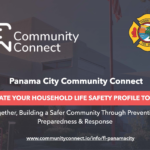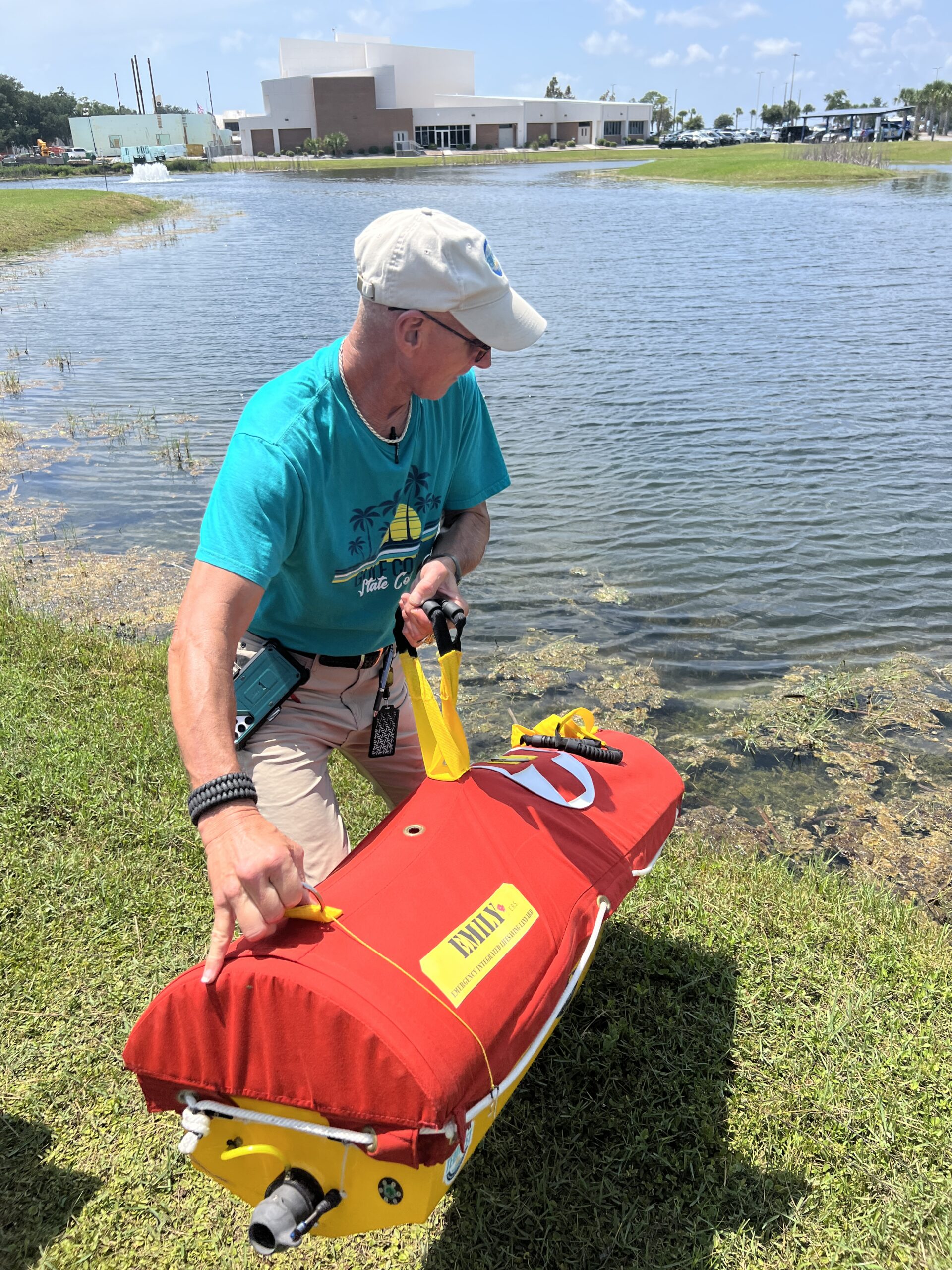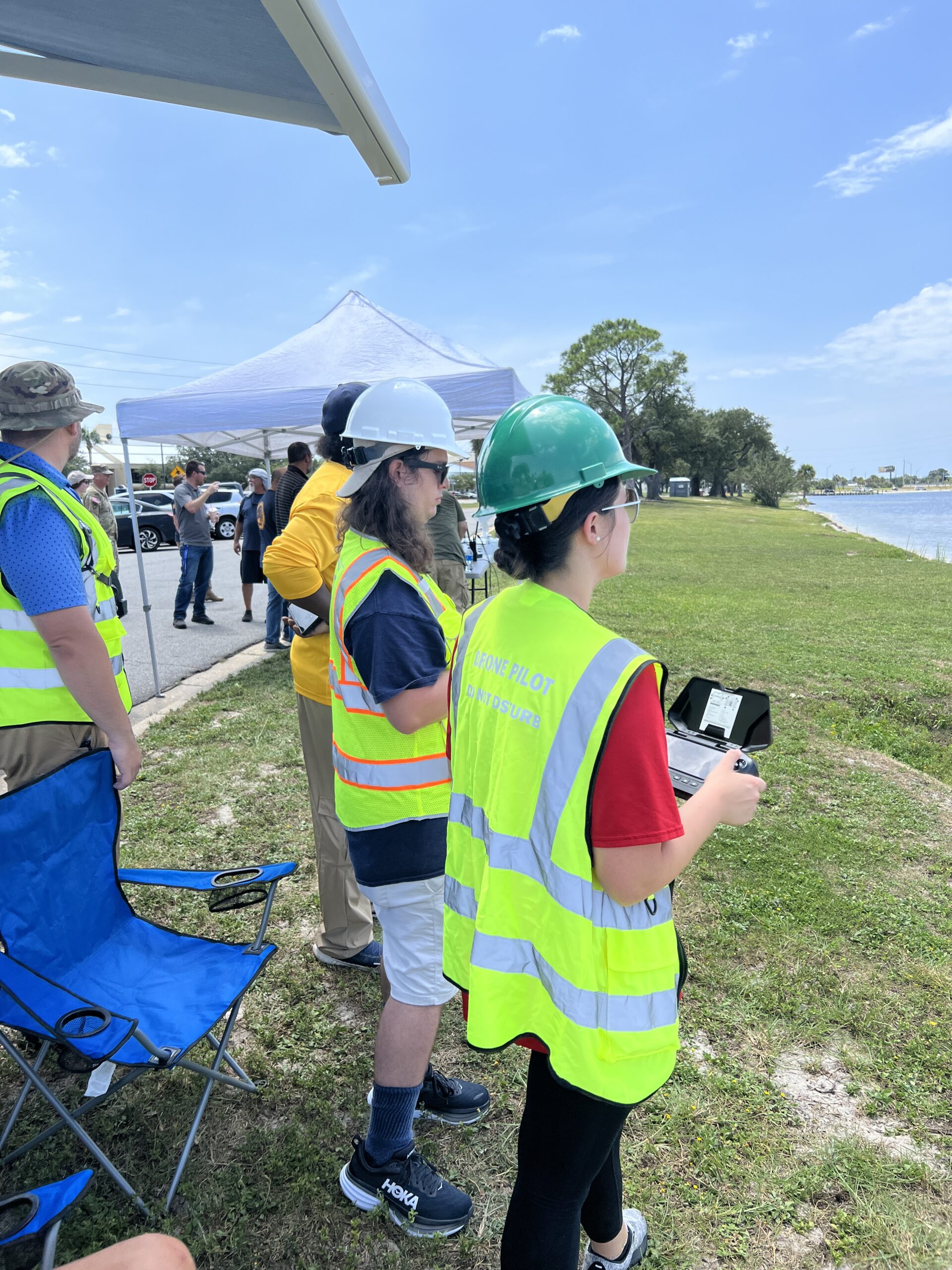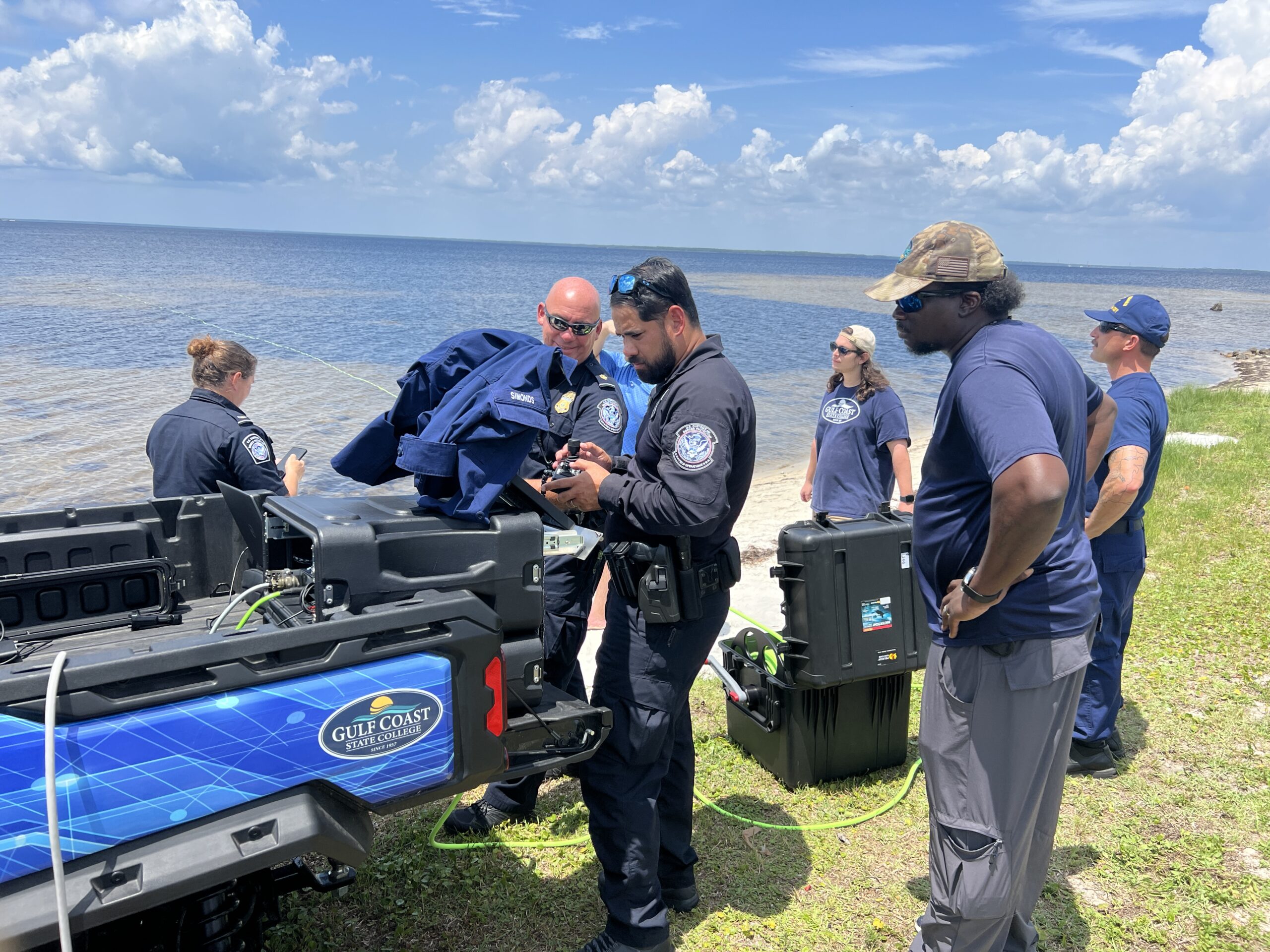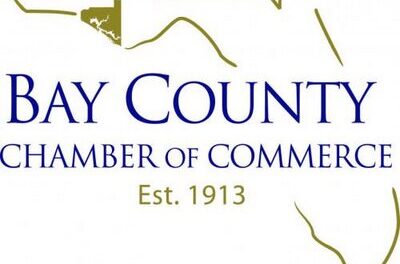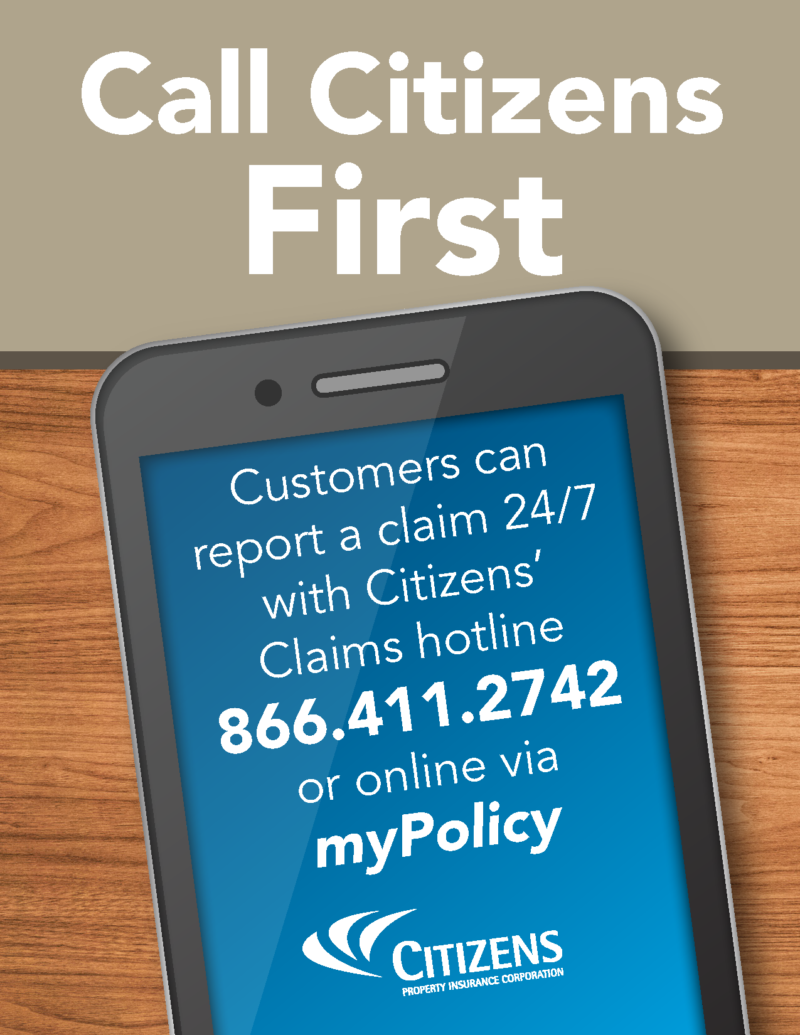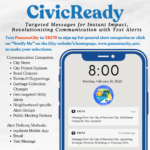
Preparing for Disasters Through TEMPEST at Gulf Coast State College
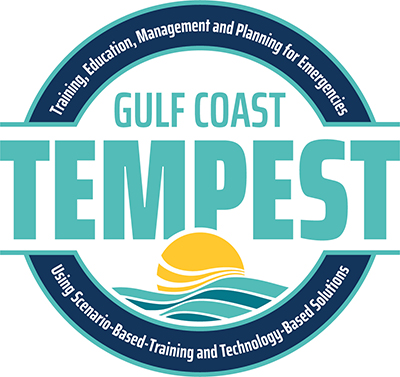
When Hurricane Michael devastated Panama City and surrounding areas in 2018, it exposed gaps in existing emergency preparedness and response capabilities. Gulf Coast State College created the TEMPEST program to fill those gaps by leveraging technology and training.
“TEMPEST is the college’s answer to what Hurricane Michael threw at our community,” explained TEMPEST Director Mike Shikari. “It’s about building a more resilient community by using advanced technologies and training people how to use them.”
TEMPEST, which stands for Training, Education, Management, and Planning for Emergencies Using Scenario-Based Training and Technology-Based Solutions, has four key missions:
- Training first responders and government employees on using advanced technologies like unmanned vehicles, GIS mapping, and more that GCSC has access to.
- Building citizen-level resilience through Community Emergency Response Team (CERT) training. This teaches volunteers basic skills to assist during disasters.
- Making equipment available for partner agencies to use when needed for real disasters.
- Providing supplemental emergency response capabilities alongside GCSC staff and students.
Shikari said TEMPEST was funded through a grant from Gulf Coast Triumph, which manages oil spill settlement funds for economic projects in 8 panhandle counties. The grant was approved in 2020.
Unique aspects of TEMPEST include its focus on technology-driven solutions plus extensive mobile training options. “We can come to you,” said Shikari. “We don’t expect agencies to come to us.” TEMPEST has three mobile command centers it can deploy anywhere in its 8-county coastal service area.
The program offers many certifications, from FAA drone pilot licensing to equipment operation to GIS and CERT basics. The wide array of advanced technologies available for hands-on training is also unmatched, according to Shikari. This includes unmanned aerial, ground, and water vehicles alongside mobile command centers equipped with communications, monitoring, and mapping tools.
TEMPEST is always looking for new technologies and efficiencies to continue advancing its emergency response capabilities alongside community partners. Shikari said partner agencies and local volunteers are already benefiting from TEMPEST training and deployments, assisting with improved emergency preparedness, security, debris cleanup missions, and more. For example, TEMPEST helped map marine debris for FEMA after Hurricane Ian using sonar and unmanned surface vehicles.
For more information about the Tempest Program, including how you can get involved, reach out to:
A. Michael Shekari, M.S. Director,
Technology Center for
Emergency Response Instructional Coordinator,
Unmanned Vehicle Systems Operations
850.769.1551 ext. 4018
Angela Small
Radio Production Assistant



